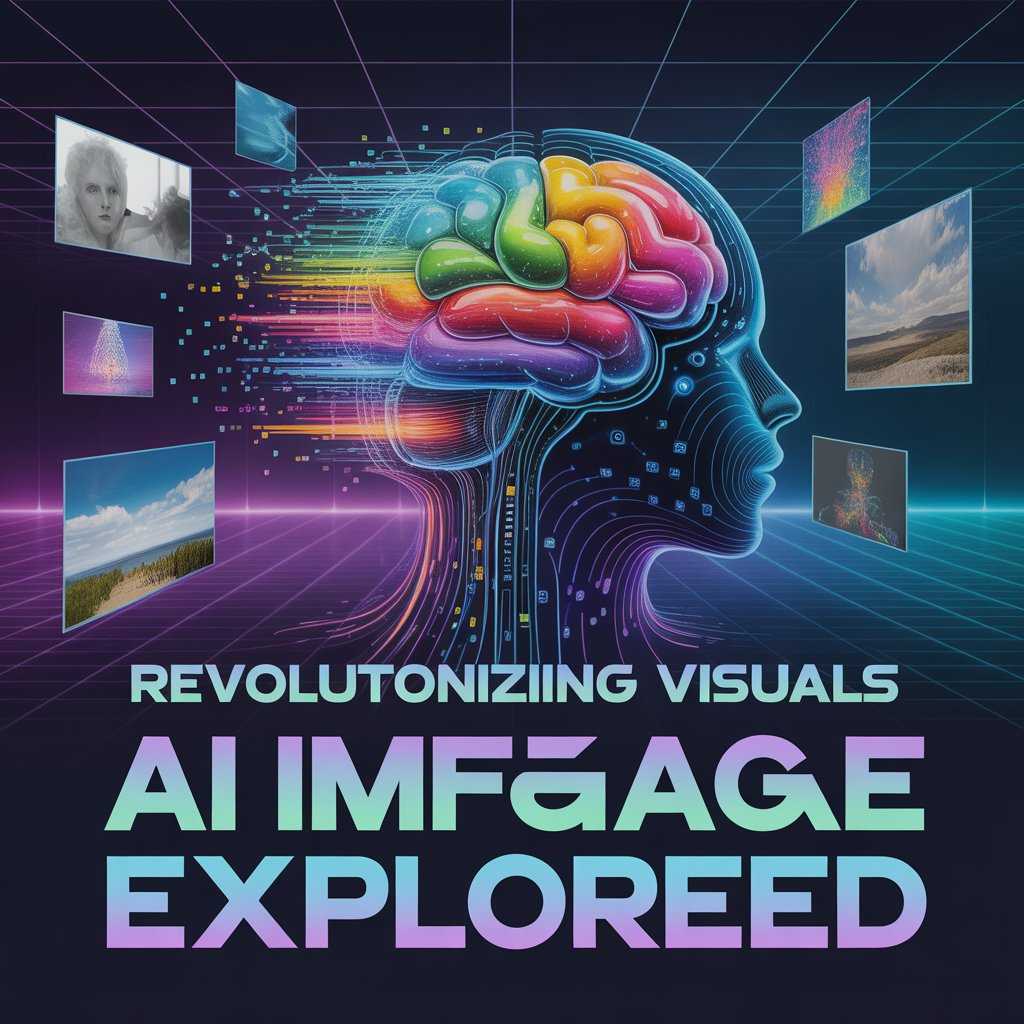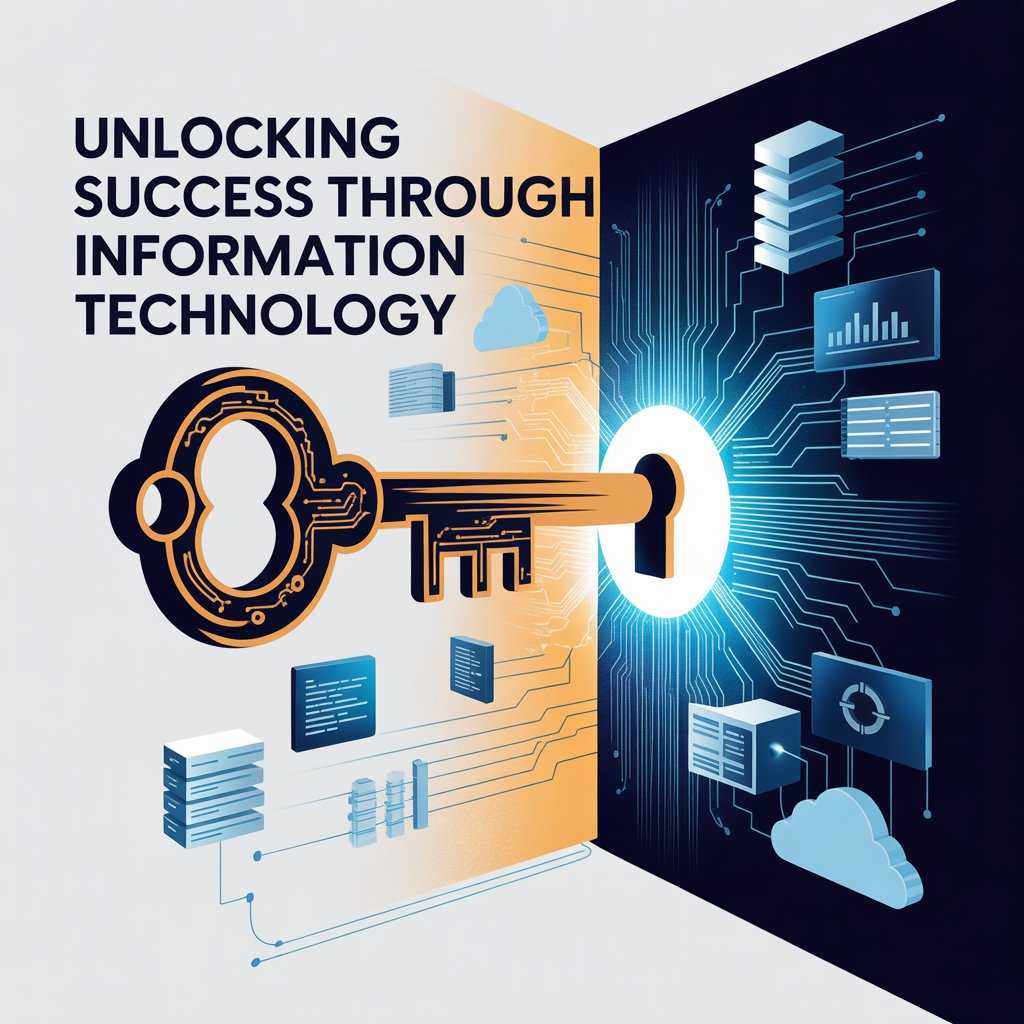The education technology sector has experienced unprecedented consolidation over the past three years, fundamentally transforming how we approach learning and skill development. From Recent EdTech Acquisitions AI-powered tutoring platforms to comprehensive learning management systems, major acquisitions have reshaped the competitive landscape while accelerating innovation across the industry.
Understanding these strategic moves provides crucial insights into where educational technology is headed and how these changes will impact learners, educators, and institutions worldwide. The wave of mergers and acquisitions has created powerful educational ecosystems while raising important questions about market concentration and accessibility.
This comprehensive analysis examines the most significant EdTech acquisitions from 2023 to 2025, explores the strategic drivers behind these deals, and reveals emerging trends that will define the future of educational technology.
What Are EdTech Acquisitions and Why They Matter
EdTech acquisitions represent strategic purchases where established companies acquire smaller educational technology firms to expand their capabilities, reach new markets, or integrate innovative technologies. These transactions go beyond simple business deals—they reshape how millions of students, professionals, and lifelong learners access educational content.
The significance extends far beyond corporate boardrooms. When a major player acquires an AI tutoring startup, they’re potentially changing how personalized learning reaches classrooms worldwide. When traditional publishers buy digital content creators, they’re bridging the gap between conventional educational materials and interactive digital experiences.
The global EdTech market, valued at approximately $348 billion in 2023, has grown at a compound annual growth rate of 13.4%. This rapid expansion has created fertile ground for acquisitions as companies seek to capture market share and consolidate resources to compete in an increasingly crowded space.
Major EdTech Acquisitions from 2023-2025
Landmark Deals of 2025
Several high-profile acquisitions have defined the current landscape. Microsoft’s acquisition of Flip formerly Flipgrid for $1.3 billion demonstrated how tech giants are integrating social learning tools into their educational ecosystems. Similarly, Coursera’s purchase of Caliper Corporation for $515 million expanded their capability in learning analytics and assessment technology.
The acquisition of NovoEd by Accenture for approximately $400 million highlighted the growing importance of corporate learning platforms. This deal reflected the increasing blur between traditional education and professional development, as companies recognize the need for continuous upskilling.
Notable 2024 Transactions
ByteDance’s acquisition of GoStudent for $3.2 billion marked one of the largest EdTech deals in European history. This transaction brought advanced AI tutoring capabilities under the umbrella of the TikTok parent company, signaling the convergence of social media and educational content.
Pearson’s strategic acquisition of Mondly for $150 million enhanced their language learning portfolio, while Amazon’s purchase of Wondery’s educational podcast division for $300 million demonstrated how content consumption patterns are influencing acquisition strategies.
Significant 2023 Developments
The acquisition spree began in earnest during 2023, with Byju’s purchasing Great Learning for $600 million to strengthen their position in professional education. Google’s acquisition of MindMeister for $200 million brought collaborative learning tools into their Workspace for Education suite.
Khan Academy’s surprising acquisition of Schoolhouse.world, though undisclosed in amount, represented a strategic move toward peer-to-peer tutoring platforms that gained popularity during remote learning periods.
Strategic Drivers Behind Recent Acquisitions
Technology Integration and Innovation
Artificial intelligence has emerged as the primary driver of acquisition activity. Companies are racing to incorporate machine learning algorithms that can personalize learning experiences, automate content creation, and provide intelligent tutoring systems. The integration of natural language processing has enabled more sophisticated chatbots and virtual teaching assistants.
Virtual and augmented reality acquisitions have focused on immersive learning experiences. Companies like Immersive VR Education have become attractive targets for their ability to create realistic training simulations for medical, engineering, and vocational programs.
Market Expansion and Geographic Reach
Many acquisitions aim to establish or strengthen presence in emerging markets. Indian EdTech companies have been particularly active in acquiring African and Southeast Asian platforms to tap into growing demand for digital education in these regions.
The expansion strategy often involves acquiring local players who understand regional educational systems, cultural preferences, and regulatory requirements.
Content and Curriculum Consolidation
Traditional educational publishers have aggressively acquired digital content creators to modernize their offerings. McGraw Hill’s acquisition of several adaptive learning platforms exemplifies how legacy companies are transforming their business models through strategic purchases.
The consolidation of curriculum content has created comprehensive learning ecosystems where students can access everything from basic literacy programs to advanced technical training within a single platform.
Impact on Key Stakeholders
Benefits for Learners and Educators
Consolidated platforms often provide more comprehensive learning experiences, combining video content, interactive assessments, and peer collaboration tools. Educators benefit from integrated analytics that help track student progress and identify learning gaps more effectively.
The economies of scale achieved through acquisitions have enabled some companies to offer premium features at lower costs, making advanced educational technology more accessible to schools with limited budgets.
Challenges and Concerns
Market consolidation has raised concerns about reduced competition and potential monopolization. When a few large companies control significant portions of the EdTech market, there’s risk of decreased innovation and higher prices for educational institutions.
Data privacy has become increasingly complex as acquisitions create vast databases of student information. The integration of multiple platforms raises questions about how personal learning data is stored, shared, and protected across different systems.
Impact on Startups and Innovation
While acquisitions provide exit opportunities for EdTech entrepreneurs, they also reduce the number of independent innovators in the market. Some worry that smaller companies with unique approaches to learning may be absorbed into larger platforms and lose their distinctive characteristics.
The acquisition activity has also attracted more venture capital investment, as investors see clear exit strategies in a consolidating market. This increased funding has enabled more educational technology experimentation and development.
Emerging Trends Reshaping the Industry
Rise of Comprehensive Learning Ecosystems
Recent acquisitions have focused on creating end-to-end educational experiences. Rather than offering single-point solutions, major players are building platforms that handle everything from content delivery to assessment and credentialing.
These integrated ecosystems appeal to educational institutions seeking to reduce complexity and vendor management while providing students with seamless learning experiences across different subjects and skill levels.
Corporate Training and Professional Development
The boundary between traditional education and workplace learning continues to blur. Acquisitions increasingly target platforms that serve both academic and professional markets, recognizing that modern careers require continuous learning and skill development.
Companies like LinkedIn Learning and Coursera have expanded through acquisitions to offer both university-level courses and job-specific training, creating platforms that serve learners throughout their entire career journey.
International Expansion Strategies
Cross-border acquisitions have accelerated as companies seek to establish global footprints. European companies have been particularly active in acquiring North American startups, while Asian firms have expanded into Western markets through strategic purchases.
These international deals often involve adapting educational content and teaching methodologies to different cultural contexts and regulatory environments, creating truly global learning platforms.
Challenges in Post-Acquisition Integration
Technical and Cultural Integration
Merging different technology platforms presents significant technical challenges. Companies must integrate user interfaces, data systems, and content management platforms while maintaining service quality during transitions.
Cultural integration proves equally complex when companies with different educational philosophies and teaching approaches attempt to create unified experiences.
Regulatory Compliance
Educational technology operates under strict regulations regarding student privacy, data protection, and accessibility requirements. Acquisitions must navigate complex compliance landscapes that vary significantly across different countries and educational levels.
The General Data Protection Regulation (GDPR) in Europe and various state-level student privacy laws in the United States create additional complexity for companies operating across multiple jurisdictions.
Future Outlook for EdTech Acquisitions
Artificial Intelligence and Personalized Learning
The next wave of acquisitions will likely focus heavily on artificial intelligence capabilities. Companies developing sophisticated AI tutors, automated content generation, and predictive learning analytics represent prime acquisition targets.
Personalized learning platforms that can adapt to individual student needs and learning styles will command premium valuations as educational institutions seek to improve learning outcomes through technology.
Cybersecurity and Data Protection
As educational institutions become increasingly concerned about data security, EdTech companies with robust cybersecurity measures and privacy-compliant platforms will become attractive acquisition targets.
The rise in cyber attacks on educational institutions has created demand for platforms that can provide advanced security features while maintaining ease of use for educators and students.
Virtual and Augmented Reality Integration
Immersive learning technologies will drive significant acquisition activity as costs decrease and hardware becomes more accessible. Companies creating VR and AR educational content for specific subjects or skills training will likely see increased acquisition interest.
The potential for virtual reality to transform vocational training, medical education, and technical skills development makes these platforms particularly valuable to acquirers seeking to differentiate their offerings.
Expansion into Emerging Markets
Educational technology adoption in developing countries presents enormous growth opportunities. Companies with successful models for delivering education in low-infrastructure environments or those creating content in local languages will become attractive acquisition targets.
The focus on educational equity and accessibility will drive acquisitions that help major platforms reach underserved populations worldwide.
Preparing for the Next Phase of Consolidation
The EdTech acquisition landscape continues evolving as the industry matures and competition intensifies. Success in this environment requires understanding not just current trends but anticipating how educational needs will change as technology advances.
Educational institutions, investors, and technology companies must consider how these acquisitions will shape learning experiences for future generations. The decisions made in corporate boardrooms today will determine whether educational technology becomes more accessible and effectives.
The most successful acquisitions will be those that maintain focus on improving educational outcomes while building sustainable business models.As EdTech consolidates, success depends on whether acquisitions truly expand and improve global student learning opportunities.
Frequently Asked Questions
Why do major tech companies acquire EdTech startups?
Tech giants acquire EdTech companies to expand their educational offerings, integrate innovative technologies like AI and VR, access new customer segments, and leverage their existing infrastructure to scale educational solutions globally.
How do acquisitions affect learners and educators?
Acquisitions can provide learners with more comprehensive platforms and advanced features at potentially lower costs, while educators gain access to better analytics and integrated tools. However, reduced competition may lead to higher prices and less innovation over time.
Which regions are leading in EdTech acquisitions?
North America and Europe dominate acquisition activity by value, while Asia-Pacific, particularly India and China, shows strong growth in both acquiring and being acquired. Cross-border deals are increasingly common as companies seek global expansion.
What challenges do EdTech companies face after mergers?
Common challenges include integrating different technology platforms, aligning company cultures, maintaining regulatory compliance across jurisdictions, preserving innovation capabilities, and retaining key talent from acquired companies.
What future acquisitions are likely in the next 2-3 years?
Expect continued focus on AI-powered tutoring systems, cybersecurity platforms, VR/AR educational content, corporate training solutions, and companies serving emerging markets or specialized skill development.
What are the key technologies driving acquisitions in education technology?
AI, VR/AR, learning analytics, cybersecurity, and personalized platforms drive acquisitions, enabling smarter, secure, and adaptive education solutions globally.
Why is artificial intelligence a focal point in recent acquisitions?
Artificial intelligence supports personalization, tutoring automation, and scalability, making it central for improving education delivery and acquisition attractiveness.
What trends are expected in education technology acquisitions over the next few years?
Upcoming acquisitions will prioritize AI tutoring, cybersecurity, VR/AR, corporate training, and platforms targeting emerging markets and specialized learning.
How are acquisitions shaping the future of corporate training?
Corporate training evolves with VR/AR and AI tools, offering interactive, personalized programs aligned with dynamic workforce development needs.
What role do cybersecurity solutions play in education technology?
Cybersecurity ensures protection of sensitive data, compliance with regulations, and safe digital learning environments for educators, learners, and institutions.




